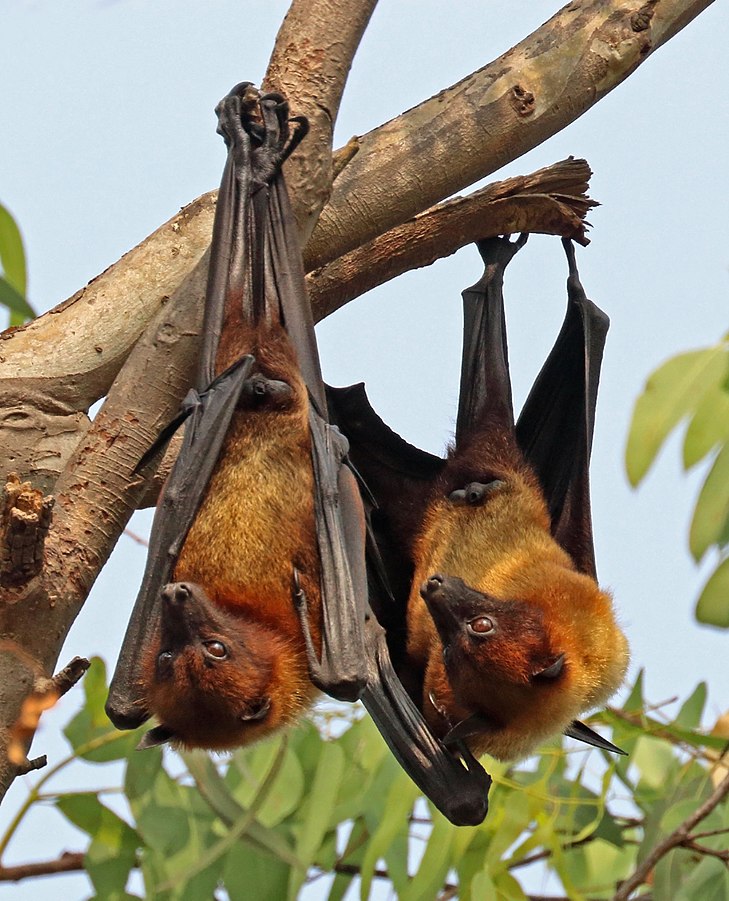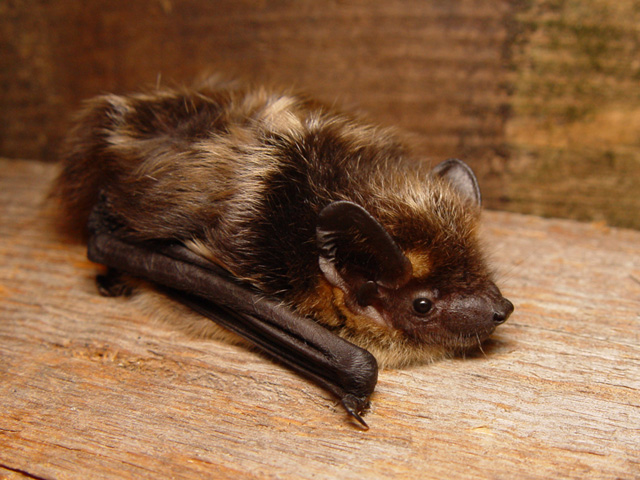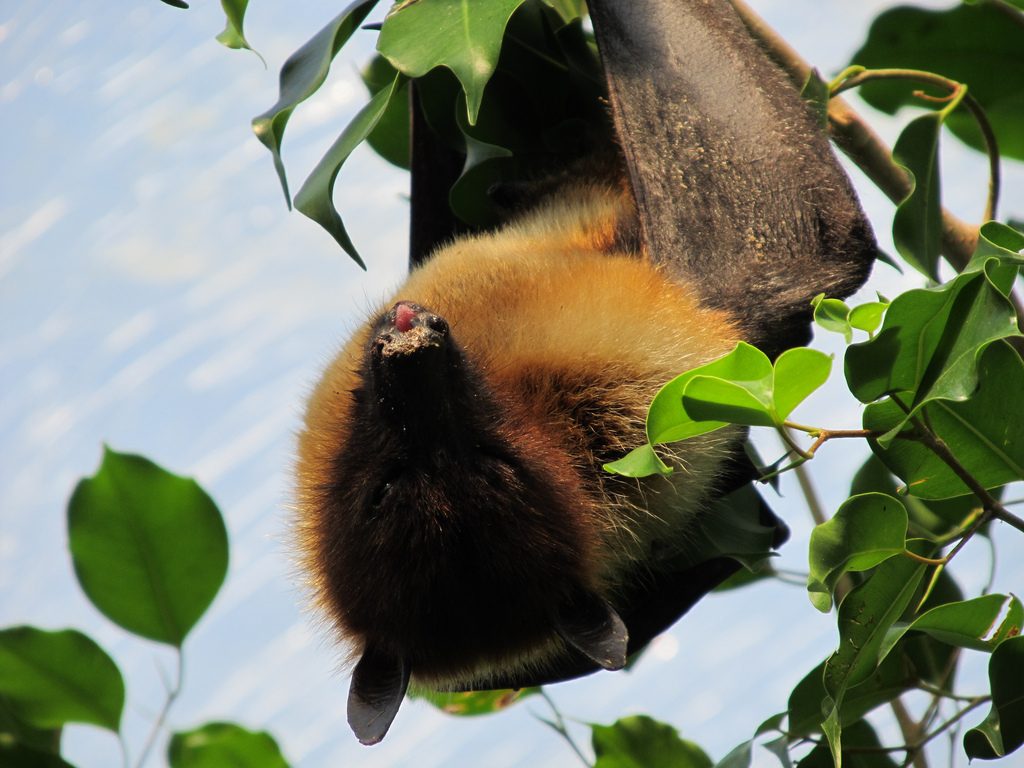Paper money does exist on Makira, a small island in the eastern Solomon Islands. But the people there don’t always count their fortunes in bills and change; on Makira, bat teeth are more valuable than money, and people hunt the creatures – mostly for food, but often, for their teeth.

There are two species of large, fruit-eating bat – or flying fox – on Makira. One of them is unique to the island (in fact, it’s called the Makira flying fox), and is considered vulnerable due to overhunting, according to a study published last year in Oryx.
The trophy teeth are frequently strung into jewelry, and exchanged during ceremonies like weddings, and used to settle arguments.

Known to some as the “forgotten island,” Makira attracts few tourists. Those that make the trek do so primarily to see its rare and endemic birds, such as the rare yellow-legged pigeon (Columba pallidiceps), white-headed fruit dove (Ptilinopus eugeniae) and endangered chestnut-bellied imperial pigeon (Ducula brenchleyi). The island’s mammals, reptiles and amphibians are poorly understood by comparison.
Researchers Tyrone Lavery and Makira native John Fasi found that the island’s population growth – an annual 2 percent increase – further threatened the bats, which are often killed en masse in their roosts.
The disappearance of the bats would be a blow to Makiran culture, but also to the ecosystem at large. As the bats eat fruit and nectar, they spread seeds and pollinate plants. They play a significant role in helping the forest regenerate after Makira’s frequent hurricanes.

The researchers understand that a ban on hunting would be ineffective: they point to an ultimately failed effort on another of the Solomon Islands to ban dolphin hunting (they, too, are killed for their teeth). Instead, they argue, the only way to really preserve the Makira flying fox is to raise widespread local support for their conversation. Letting them disappear, after all, would be totally batty.




